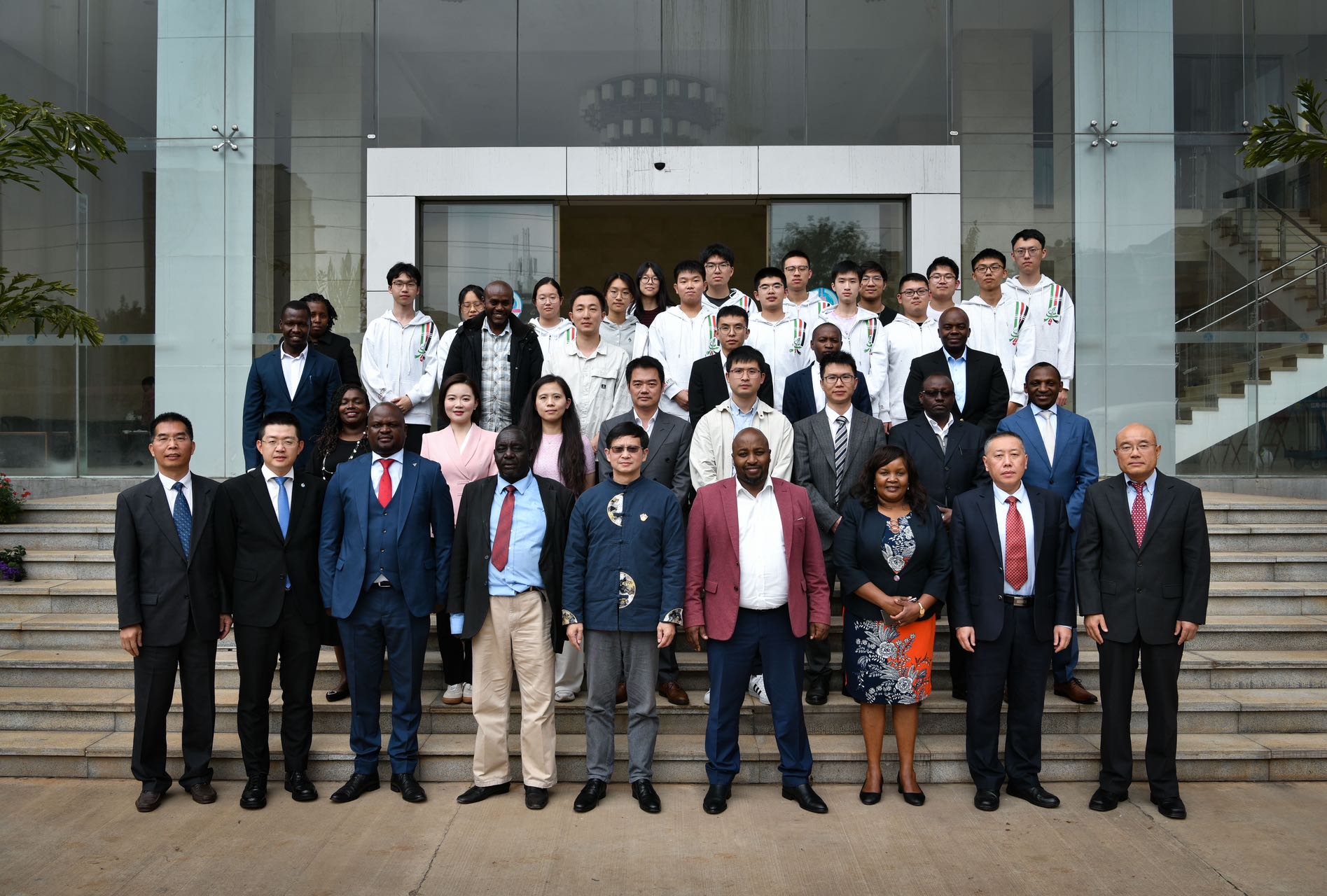Experts attending the 2024 edition of the Hong Ting Forum convened this week by Xinhua News Agency Africa Regional Bureau underlined successes achieved through ongoing cooperation between China and Africa.
During the event held at Kenya’s capital Nairobi themed “China and Africa Join Hands Together to Modernization,” speakers from various fields lauded Chinese support of Africa as one that has caused a positive impact on the continent in numerous ways.
MOJA Expressway Company Limited, a subsidiary of China Road and Bridge Corporation (CRBC), Chief Executive Officer Steve Zhao said China has over the years openly shared its knowledge on development with Africa and will continue to do so to build a community with shared prosperity.
“By tapping into Chinese technology, capital, and expertise, African countries will benefit from modernization,” he said while highlighting the positive impact of improvement of infrastructure projects across Africa with Chinese assistance
He said The Nairobi Expressway, built by CRBC through a public-private partnership, for instance, “has boosted Kenya’s modernization through seamless mobility of manpower and cargo,”
Nairobi-based scholar Cavince Adhere said Sino-Africa cooperation has been fruitful in that, besides creating jobs, the partnership fosters economic modernization, and helps the spread of prosperity.
“In Kenya, China has been instrumental in the modernization of the country’s infrastructure, boosting economic growth through enhanced movement of goods and services,” remarked Adhere
Given China’s footprints across Africa, he said enhanced cooperation between the two sides will significantly deepen the much sought-after digital inclusion, green transition, technology transfer, and modernization of health, agriculture, and security for the good of the continent.
Samuel Maina, Editor-in-Chief at Kenya Broadcasting Corporation lauded the ties between the two sides. He said while Africa still faces immense challenges in infrastructure, healthcare, education, and other areas, China has immense capabilities that can greatly assist in addressing these needs head-on.
He cited programs spearheaded by Beijing and which have so far brought benefit to Africa.
“Chinese engagements in Africa can be seen through programmes such as the Belt and Road Initiative (BRI) and the Forum on China-Africa Cooperation (FOCAC), where it has been able to extend essential backing to Africa not just through financial assistance, but significantly by way of technology transfer, skill development, and capacity building. These efforts empower and stir African countries to be the masters of their development,” he said
According to Maina, Africa can draw valuable lessons from the Chinese modernization journey to inform its development strategies.
“China’s focus on industrialization as well as building a robust manufacturing sector played a crucial role in its economic transformation. Africa can leverage this approach by developing its manufacturing base, creating jobs, and adding value to its raw materials,” he said
His counterpart from Radio Africa Group Paul Ilado made a case for a continued strengthening of relations between countries in the Global South, where China identifies as a member.
“We must strengthen our diplomatic ties and collaboration within the Global South. Through the exchange of ideas, the sharing of best practices, and the forging of strategic alliances, we can amplify our collective influence on the global stage, championing the interests and aspirations of the developing world,” he said
He said by embracing their role as leaders, innovators, and champions of change, China and Africa can pave the way for a future where justice, equity, and prosperity are the cornerstones of our shared global community.
Ilado reiterated the need for the nations of the Global South to forge stronger economic and trade partnerships. By cultivating intra-regional trade and investment, the Global South can reduce reliance on traditional developed markets and create pathways for collaborative growth.





